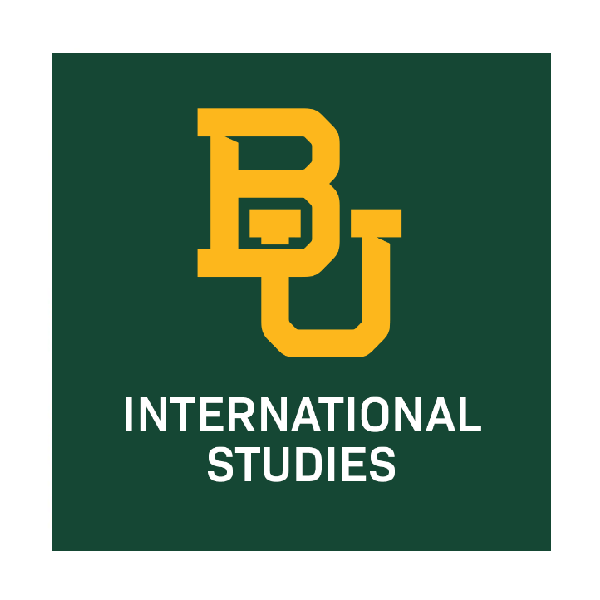by Grayson Shirey
Grayson Shirey (‘25) is an International Studies and French double major with a minor in Political Science from Omaha, Nebraska. She hopes to pursue a career in luxury fashion and/or motorsport following graduation.
The human trafficking industry is a $150 billion industry. There are over 50 million people and over 12 million children enslaved around the world in a variety of industries from involuntary sex work to labor and sweatshops to scamming and forced marriage. Human trafficking takes many forms and it rarely happens like it does in the movies. Instead, many people are trafficked by people they know – romantic partners, employers, friends – and live, what looks to the outside world, a seemingly normal life. These people are often extorted, blackmailed, or threatened to prevent them from leaving unsafe situations, and many enslaved people don’t even know they are being trafficked. Some are indebted to their enslavers, who then force them to pay off their debt to no end. There are others who begin working in a sweatshop or as a sex worker to make ends meet, and realize too late that their employers will not allow them to leave.
This year, Baylor’s chapter of International Justice Mission, the world’s largest anti-human trafficking organization, put on our annual fundraiser – Threads. Threads was a pop up thrift store on Baylor’s campus. All clothing was donated by the community and 100% of the proceeds went towards the cause of ending modern day slavery. Thanks to the generosity of the community and IJM’s holiday donation match, we were able to donate over $24,000 to help end human trafficking!
My role as VP of Fundraising was to lead the preparation and execution of this event. Overall, we spent roughly 6 months preparing for Threads – this included marketing, collecting donations, sorting and organizing our six storage units full of clothing, gaining small business and campus support for our more logistical needs, and of course, pulling off the event day of. IJM’s scope is broad – not only do they work to get people out of human trafficking, but also to influence policy, provide survivors with support and mental health care, and work to root out systemic issues that allow for human trafficking to occur.
I’ve been involved in IJM since I was a freshman at Baylor. As my involvement in the organization grew, I started to look for ways to integrate what I was learning in my International Studies major with what we were doing in our organization. My professors have been immensely supportive as I learn about the implications of this miscarriage of justice, and have encouraged me to utilize various class assignments and research projects as means to dig into the root causes of human trafficking. This has not only made me a better IJM leader, but a better advocate as a whole. IJM Baylor’s officer team is academically diverse, with representation across fields such as business, medicine, faith, social work, and of course, politics and international relations. This Spring, IJM will be diving deep into an array of fields and the role that they play in modern day slavery in order to prepare those entering the field to become active and aware advocates. I believe that discussion and education on these issues is key to preparing future diplomats, politicians, lawyers, and business people pursuing a degree in International Studies to be the generation that ends human trafficking.






